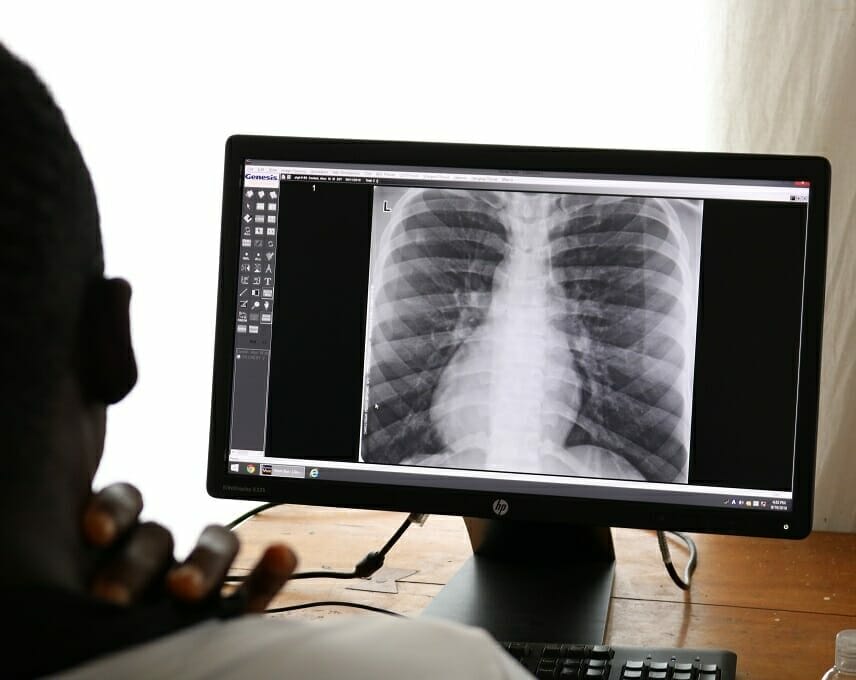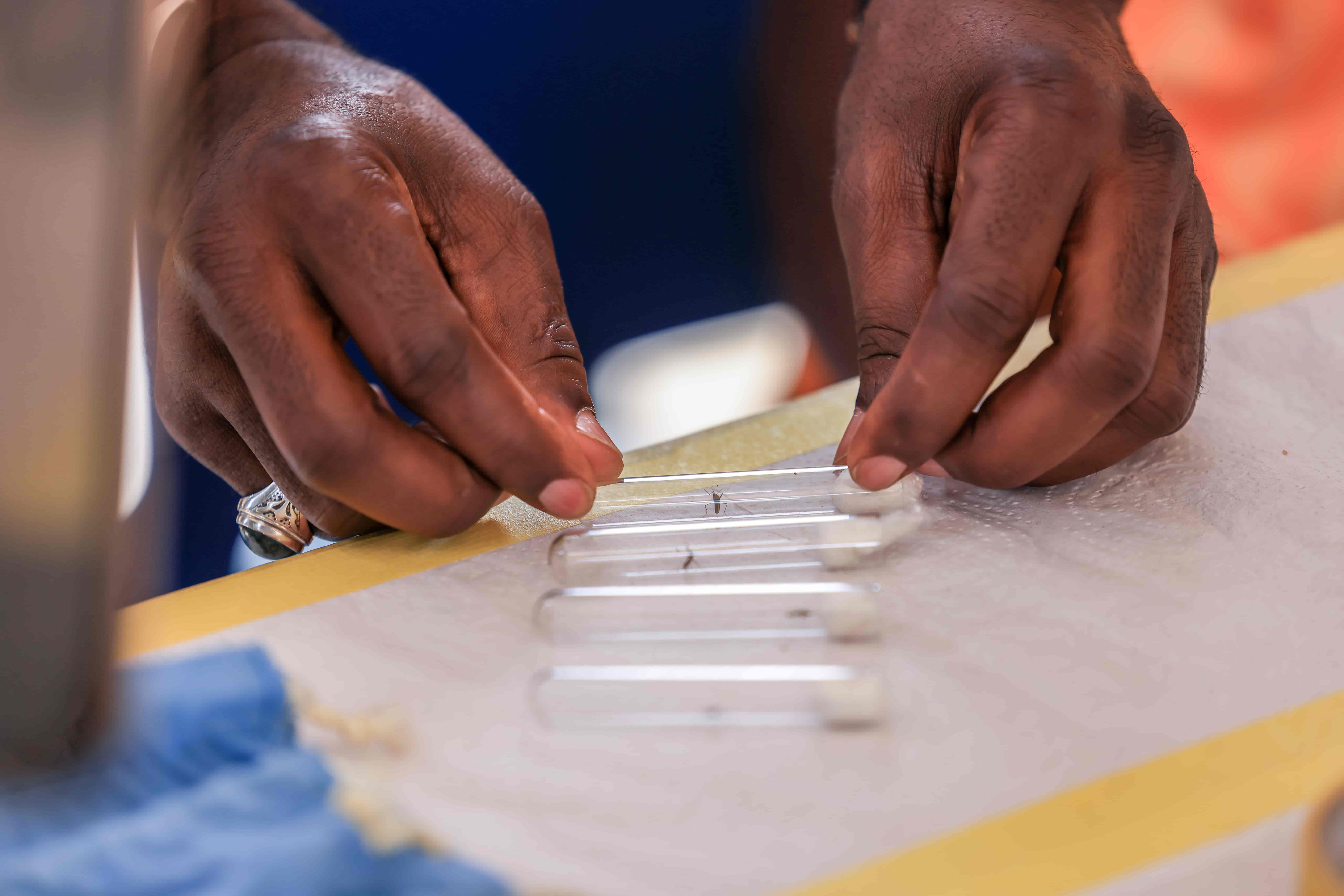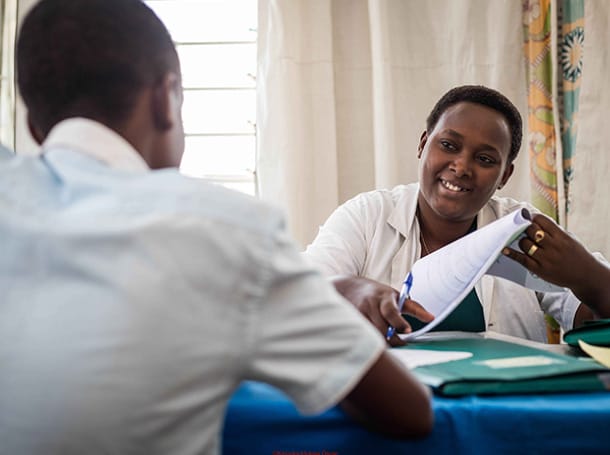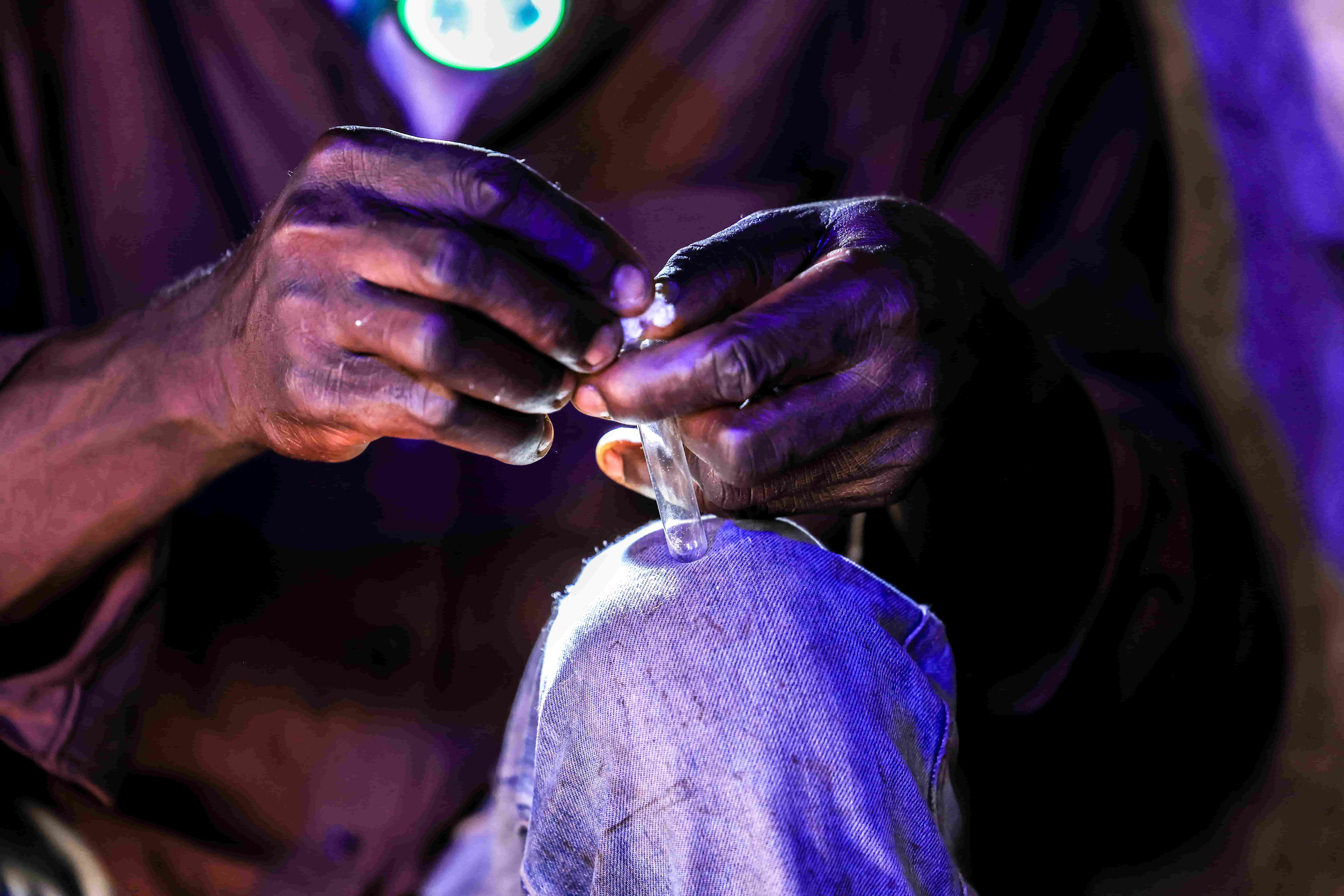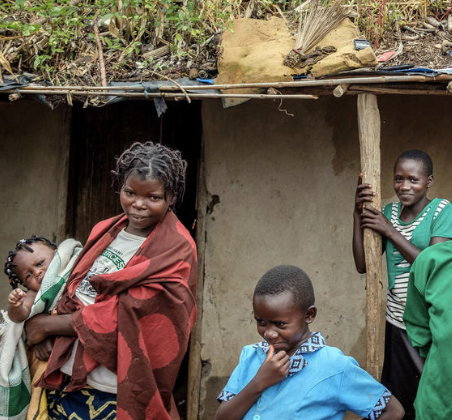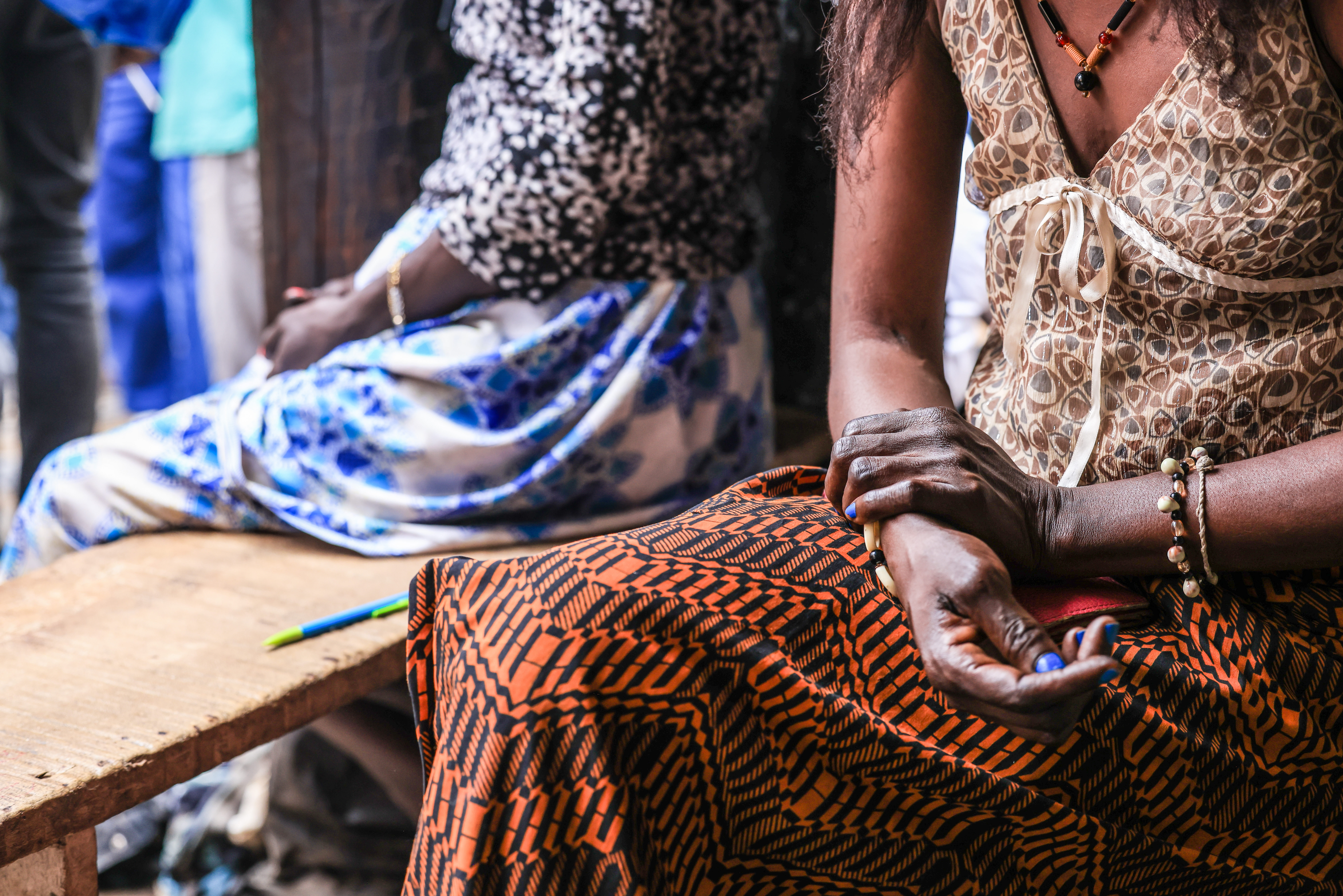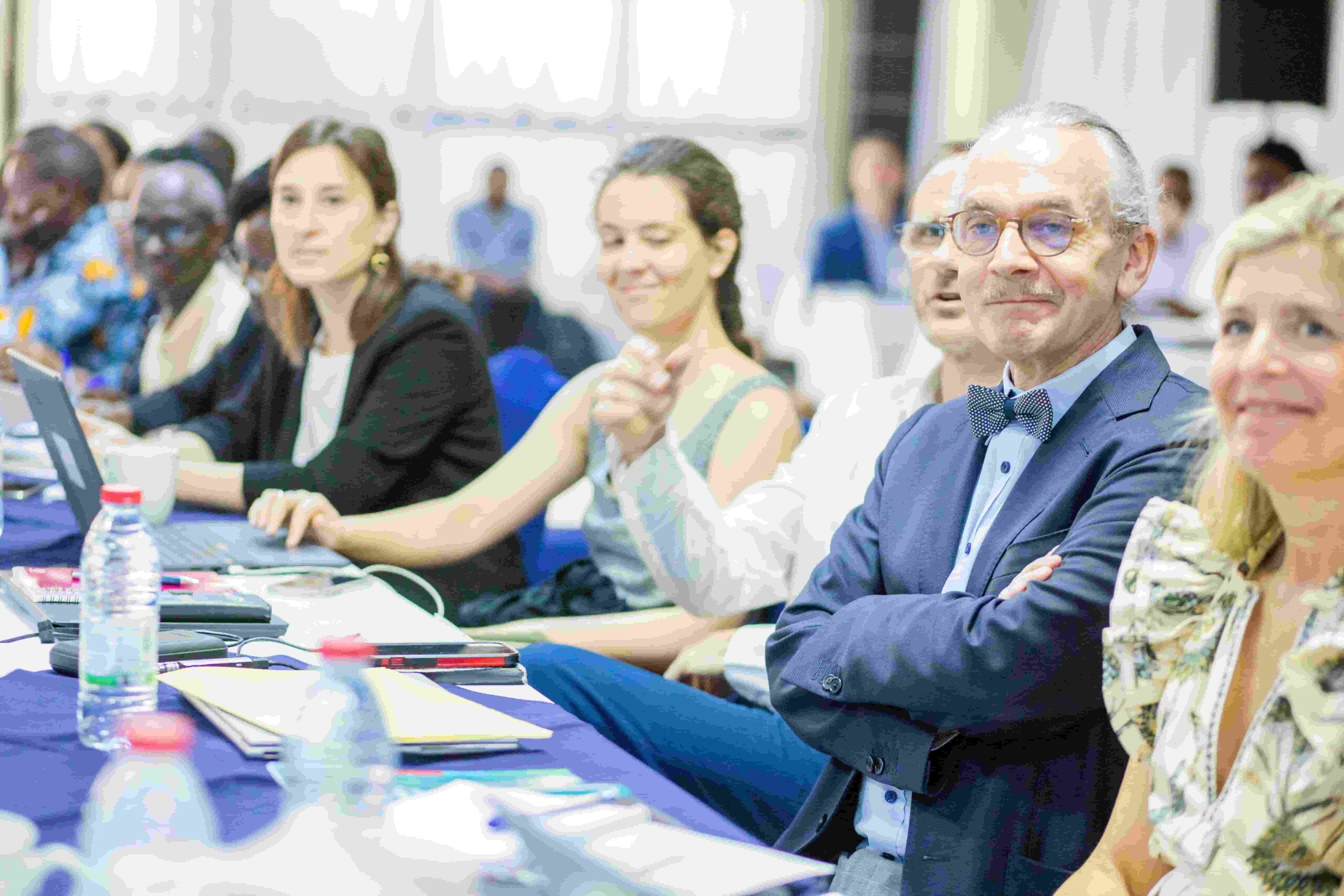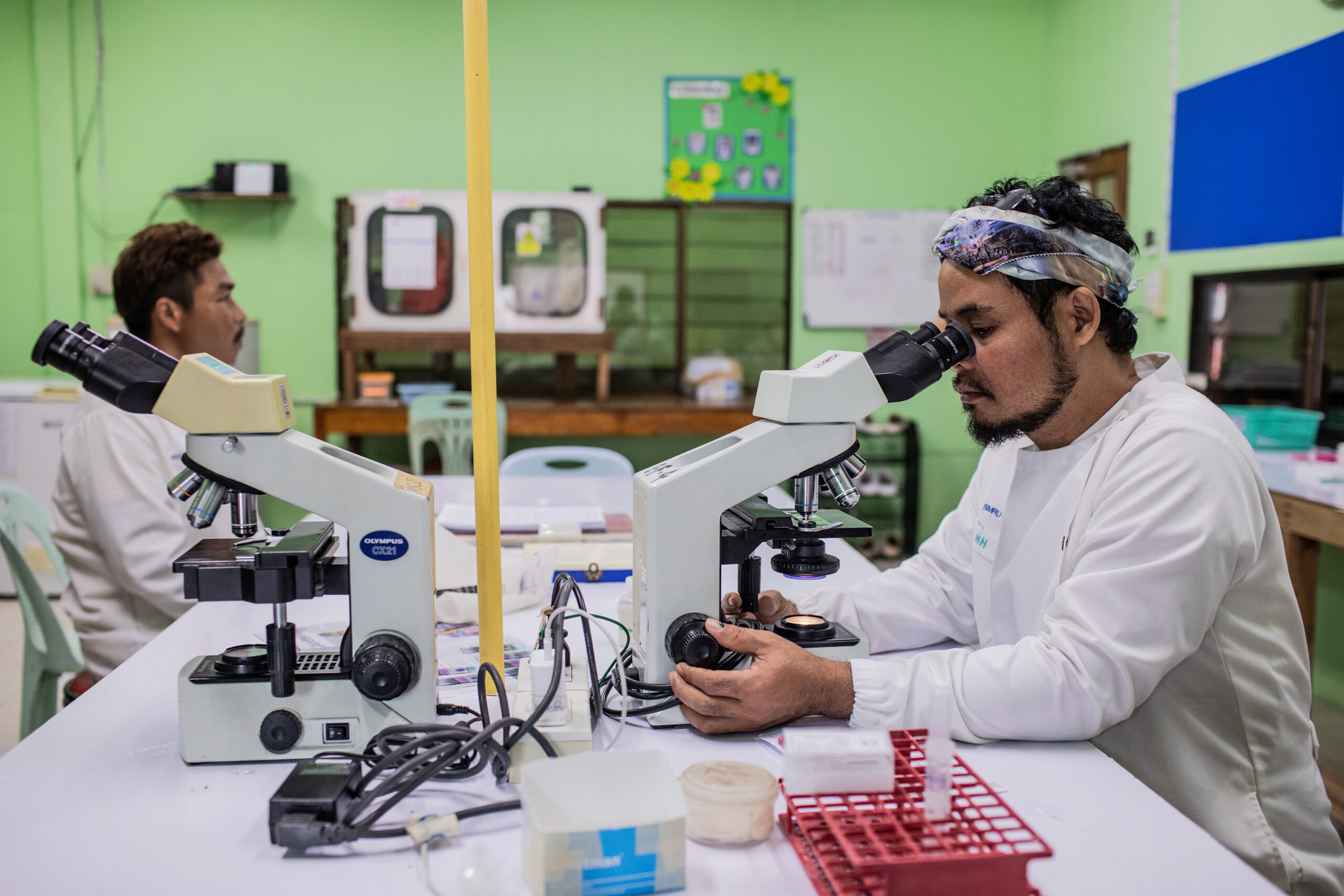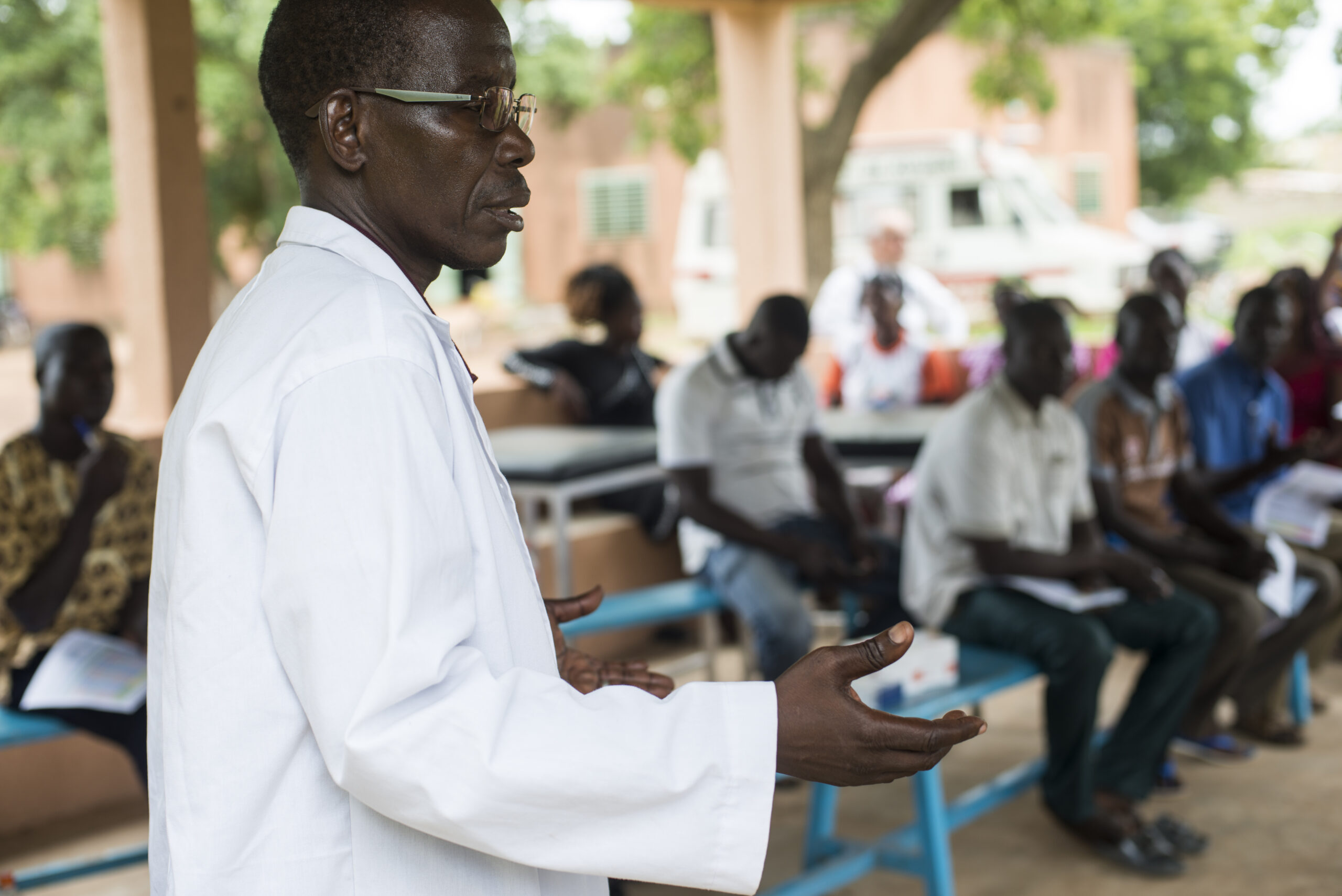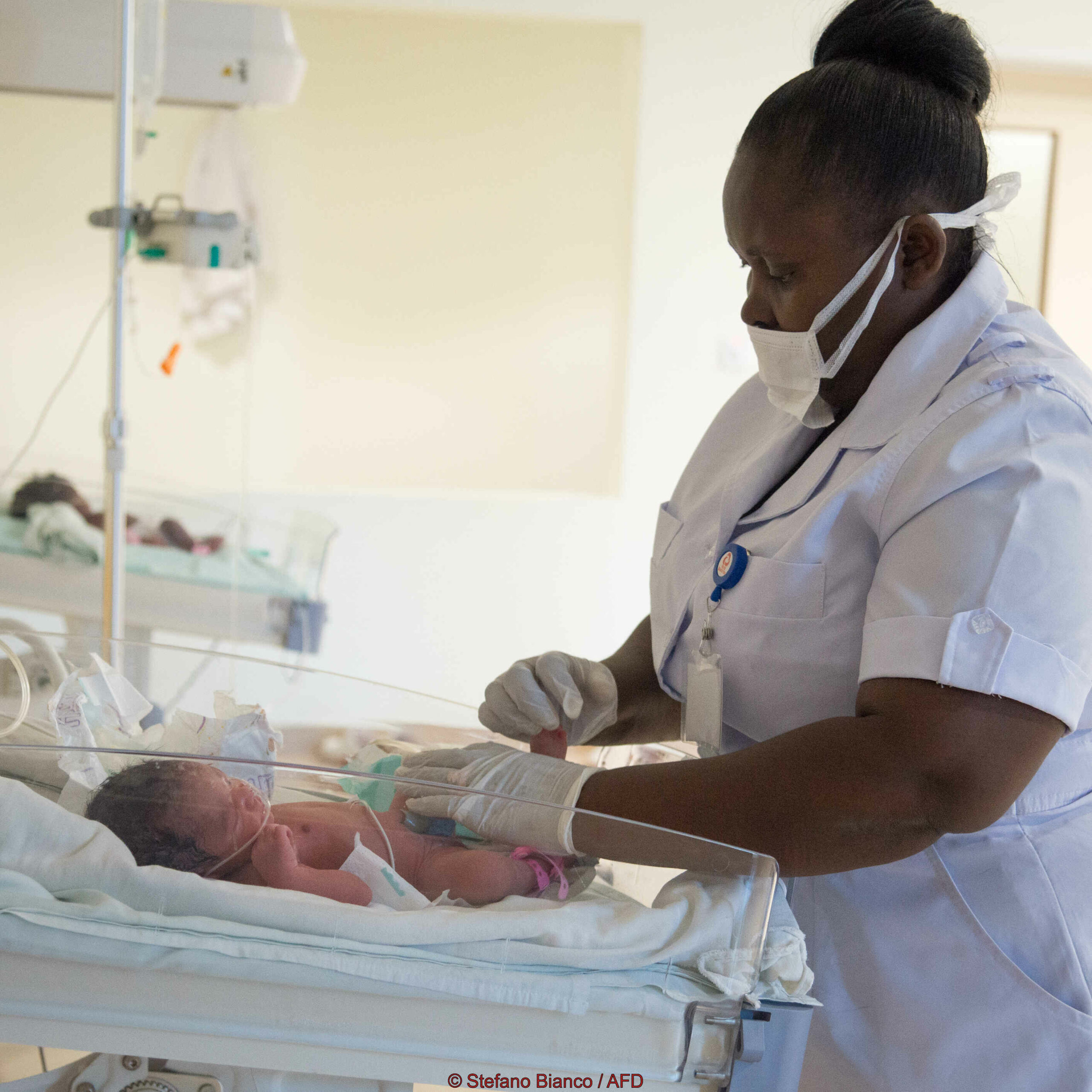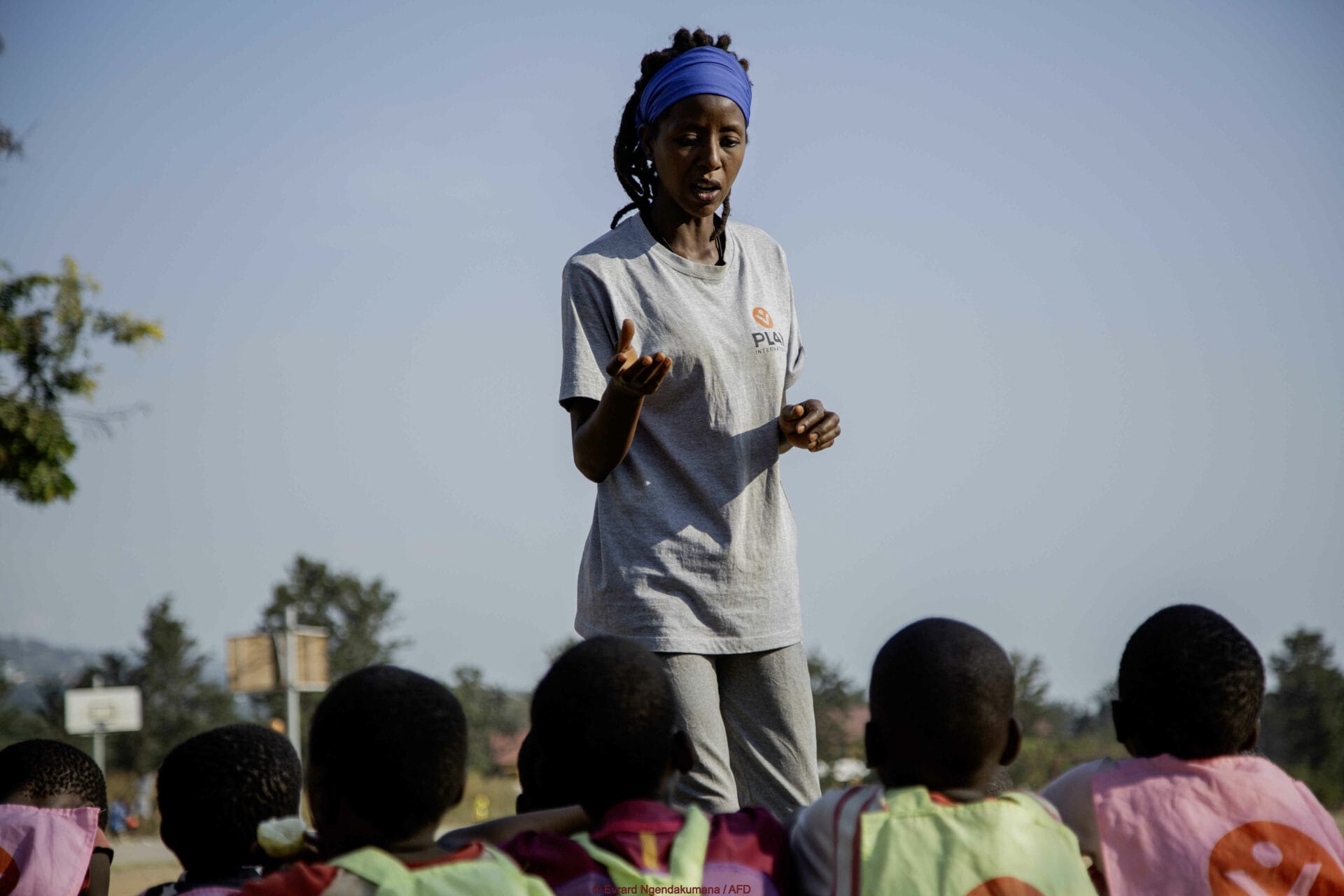L’Initiative and the response to tuberculosis
L’Initiative supports those involved in the tuberculosis response. Since 2018, L’Initiative has been strengthening its support of operational research in order to help build and improve intervention strategies, particularly to combat tuberculosis infection. Around 40% of cases are not detected, and drug resistance is a major challenge for the elimination of tuberculosis. L’Initiative is, therefore, working together with stakeholders to improve screening and treatment strategies.
Access to financing – A major issue for the tuberculosis response
L’Initiative supports eligible countries to prepare funding requests to the Global Fund. For the new 2020-2023 Global Fund funding cycle, L’Initiative implemented 21 technical assistance assignments to enable countries to develop their funding requests on the tuberculosis component (including HIV-TB and TB-HSS), representing nearly 3,021 days of planned expertise time, representing a commitment of 3.426 million Euros.
In 2020, tuberculosis represented 20% of technical assistance assignments, for an amount of € 1,146,694. Four projects were selected under the tuberculosis component, representing 4.583 million Euros in five countries, in Burma, Côte d’Ivoire, Madagascar, Niger, and Thailand. Our tuberculosis project leads in 2020: SONGES NGO, Shoklo Malaria Research Unit (SMRU), ATIA NGO, and Médecins du monde.
Supporting research to test new strategies
Operational research projects supported by L’Initiative aim for more targeted, adapted, and innovative approaches. They are used to identify and test programs that, when proven effective, can then be scaled up through integration into country strategies and Global Fund grants. In 2018, L’Initiative published its first call for projects dedicated to operational research. The objective was to identify the best strategies to improve access to diagnosis and care then to put them into practice in health policies based on reliable data. Out of the 27 concept notes received, the project selection committee selected three projects, committing €2.44 million in 2018.
In 2021, the call for projects dedicated to operational research will focus again on projects that can improve the prevention and treatment of tuberculosis among the most vulnerable populations.
Improving tuberculosis screening and diagnosis
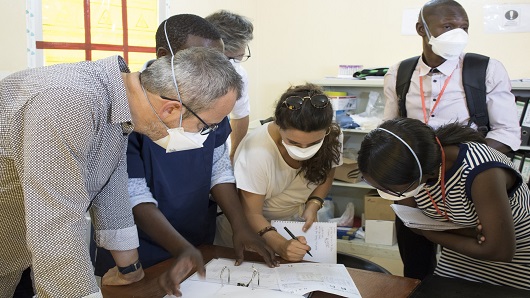
Testing children for tuberculosis
Implemented by an international consortium coordinated by the University of Bordeaux, the TB-Speed project operates in six high-prevalence countries: Côte d’Ivoire, Cameroon, Cambodia, Mozambique, Uganda, and Zambia. The project aims to assess the impact on mortality and morbidity of early and systematic detection of tuberculosis in children with severe pneumonia. The project is co-financed, mainly by Unitaid, and one of the components (TB-Speed Pneumonia) is supported by L’Initiative in Cambodia, Cameroon, Côte d’Ivoire, and Mozambique.
This research is being carried out with 3,800 children in 15 partner hospitals using portable equipment for nasopharyngeal aspirations and the GeneXpert Edge platform. This small battery-operated molecular platform will allow the Xpert MTB/RIF Ultra molecular diagnostic tuberculosis test to be performed on stool and nasopharyngeal samples, which are easier to perform in practice than the usual sampling methods.
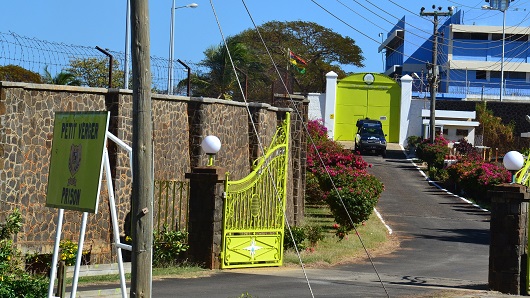
Mauritus: responding to tuberculosis in prison settings
Populations involved in—or on the fringes of—illegal behavior, who are stigmatized, find themselves excluded from access to care and prevention in their country. These key populations in the pandemic response are the most affected by diseases. Due to overcrowding, respiratory infections, tuberculosis in particular, are among the most common diseases in prisons.
In Mauritius, L’Initiative supports a project led by the NGO PILS to improve health care for prisoners and former prisoners living with or affected by HIV, HCV, and tuberculosis. L’Initiative provided the project with €988,568 over three years. By strengthening access to testing and care for prisoners, the project aims to improve the healthcare pathway both during and after prison and has a psychosocial support component, which promotes follow-up and reintegration following incarceration.
Côte D’Ivoire: adapted, integrated, and accessible care for drug users
In Abidjan, there are open drug consumption areas called smoking rooms. These places, located throughout the city, are where drug users can buy and consume drugs. This population group are known to have specific health issues, particularly tuberculosis.
The “Y’a pas drap” project, led by Doctors of the World, aims to improve access to health care for vulnerable drug users in Abidjan. The project has made it possible to align the activities of national NGOs, community stakeholders, and the Ministry of Health and Public Hygiene with a view to opening dedicated care centers. Thanks in particular to advocacy work informed by data and information collected from the project, the Ivorian Minister of Health announced in February 2017 the introduction of opioid substitution treatment in the country. The new care centers will soon be offering this treatment: a first in Côte d’Ivoire.
Since 2018, L’Initiative has supported Doctors of the World to set up an addiction unit within a community treatment center to promote access to care for drug users.
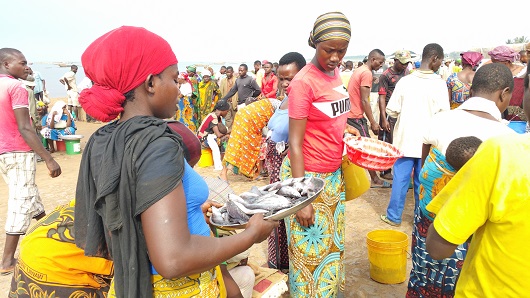
Burundi: prevention and awareness services for fisher peoples and fish sellers
In Burundi, the population of fisher peoples, female fish sellers, restaurateurs, and children in this community are exposed to the risks of HIV infection, STIs, unwanted pregnancies, tuberculosis, and malaria. According to WHO, the TB incidence rate in Burundi in 2017 was 114 per 100,000 inhabitants (either tuberculosis only or also HIV+). This population group, considered as key populations by the Integrated National Tuberculosis Control Program (iNTCP), does not yet benefit from structured and targeted interventions.
Since 2020, L’Initiative has supported the health post put in place in 2014 by the organization ESSENTIEL and its partner SWWA Burundi. What is the objective? To set up a prevention and testing strategy for HIV, STIs, tuberculosis, malaria, and hepatitis adapted to the needs of target populations through strong community integration and by opening two new health posts. In 2020, 19 tuberculosis awareness and prevention sessions were conducted with 810 people. A total of 1,326 consultations were carried out at the three health posts.
Strengthening tuberculosis management
Cambodia: for preventive treatment
The OPTICAM study (“Optimizing Latent Tuberculosis Treatment Initiation in Cambodia Among People Living with HIV”) is carried out by the Clinical Research Group of the Epidemiology and Public Health Unit at Institut Pasteur in Cambodia in collaboration with Cambodia’s national HIV and tuberculosis programs and the Clinton Health Access Initiative.
Dr. Laurence Borand, Director of the Clinical Research Group at Institut Pasteur Cambodia, discusses the treatment of latent tuberculosis and the OPTICAM operational research project funded under the 2018 call for proposals.
Côte D’Ivoire: strengthening community stakeholders
The RECAP TB pilot project, led by Alliance Côte d’Ivoire, which is supported by L’Initiative, aims to strengthen the access of community-based organizations and NGOs to funding to respond to tuberculosis and to instill sustainable community engagement in the response to tuberculosis in Benin, Cameroon, Niger, and Chad.
Dr. Madiarra Coulibaly-Offia, Executive Director of the national NGO, Alliance Côte d’Ivoire, in 2019 emphasized to L’Initiative the importance of strengthening community organizations in the response to tuberculosis.
